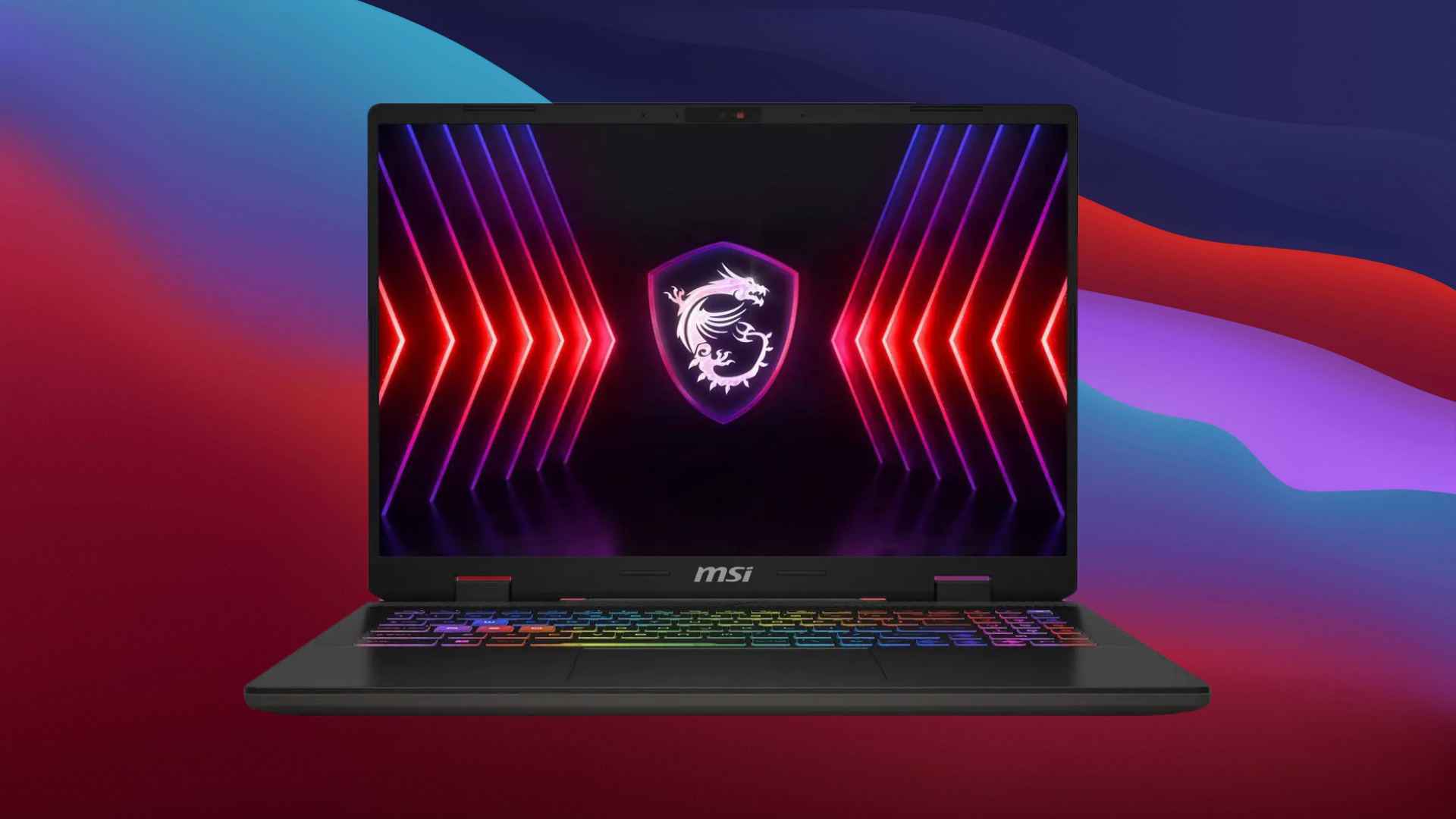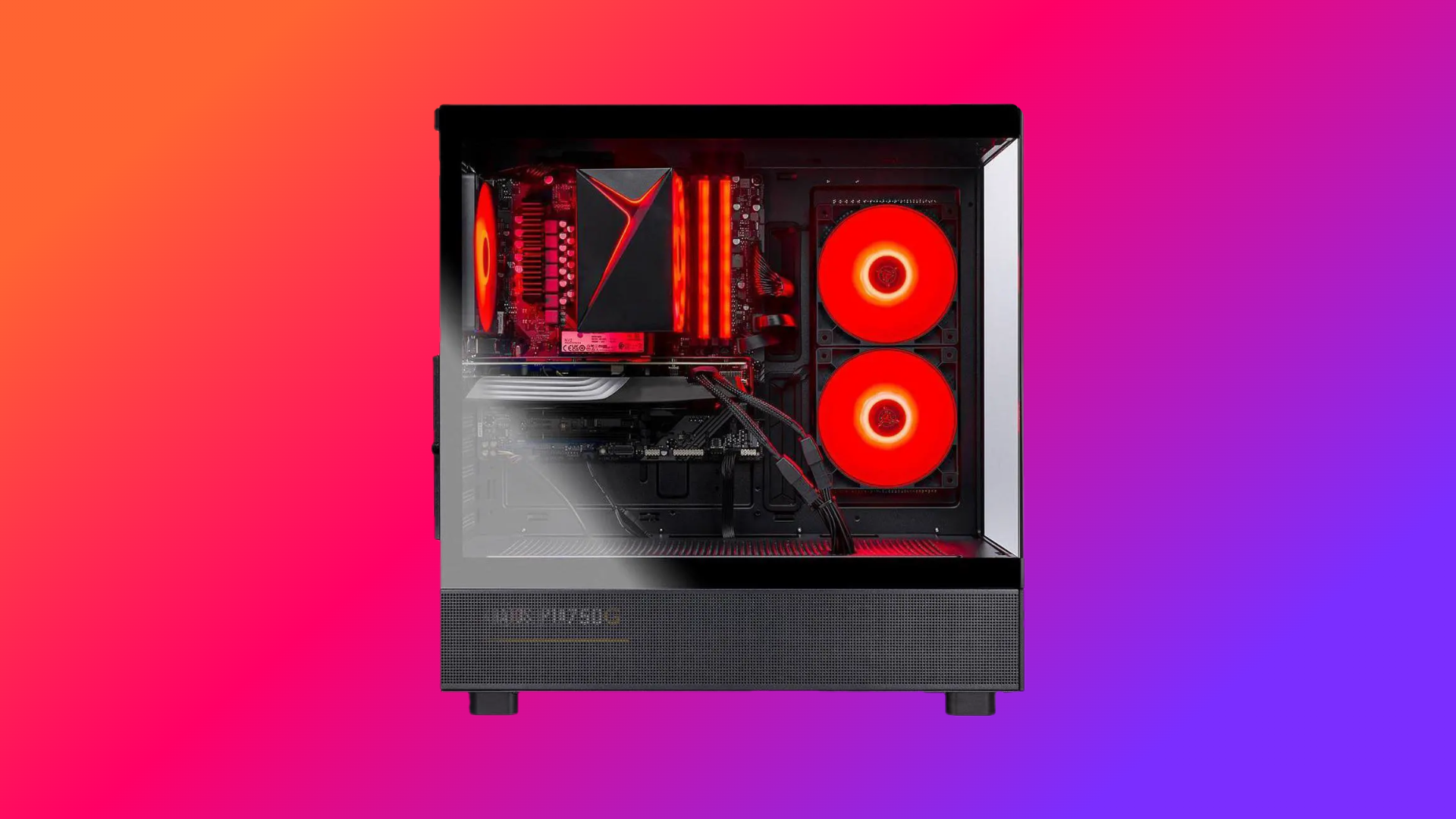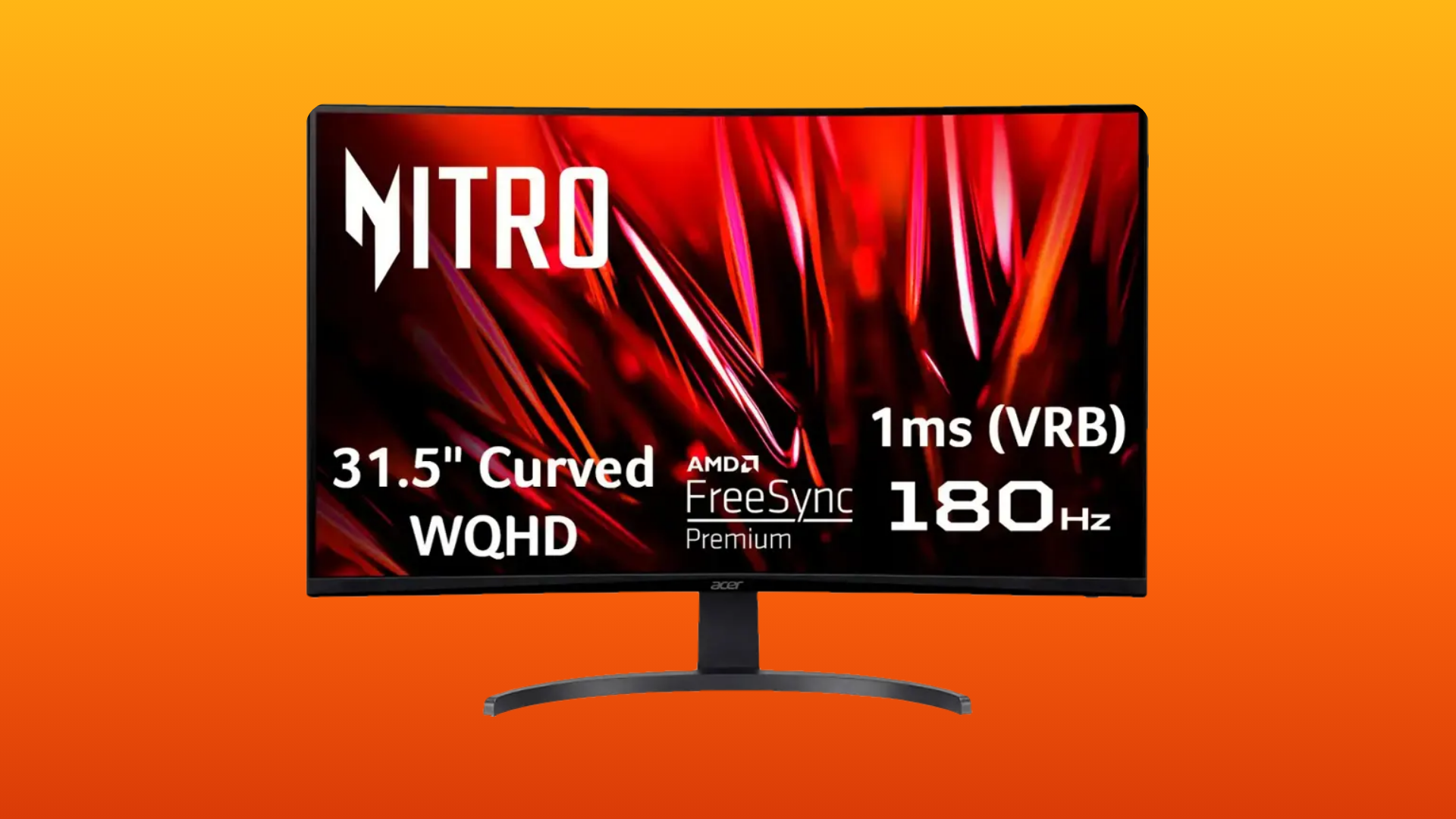Here are the four best laptops for competitive FPS games. These cater to a high refresh rate gaming experience.
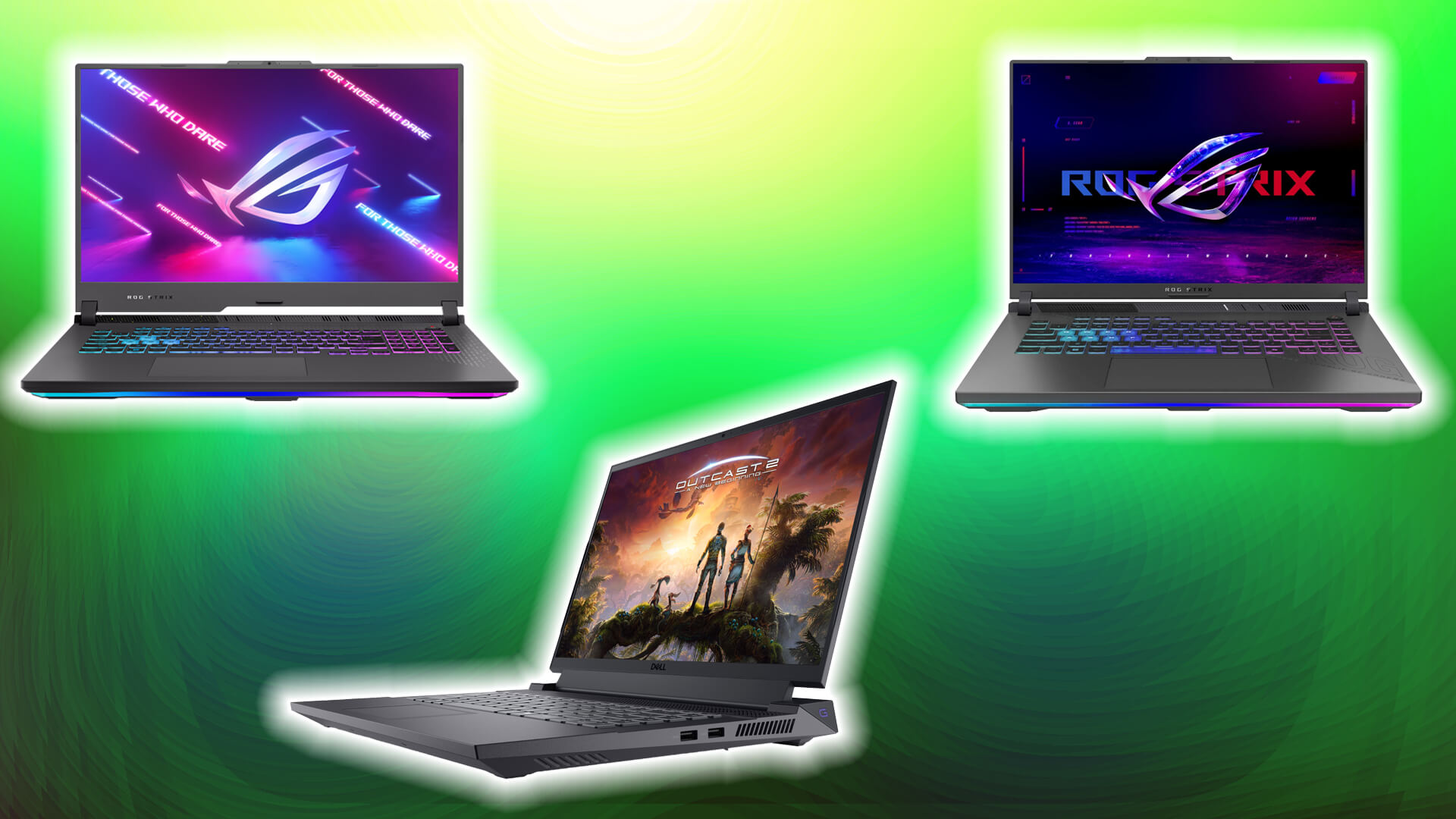
Competitive FPS titles such as Valorant, CS:2, Apex Legends, COD Warzone, and other titles do not require super high-end configurations but demand the lowest input latencies in the process. Laptops have evolved substantially over the past decade, and now they, too, like PC hardware, can be used for competitive gaming.
Below are the laptops that fall under the $2000 bracket, which can provide you with a seamless gaming experience. If you wish to play AAA games, you can do so easily.
Note: For the best pricing information, please contact your nearest retailer or online store when making a purchase. The laptops mentioned here are mostly available across Walmart, Amazon, and Best Buy.
1. ASUS ROG Strix G16 (240Hz) – $1,959
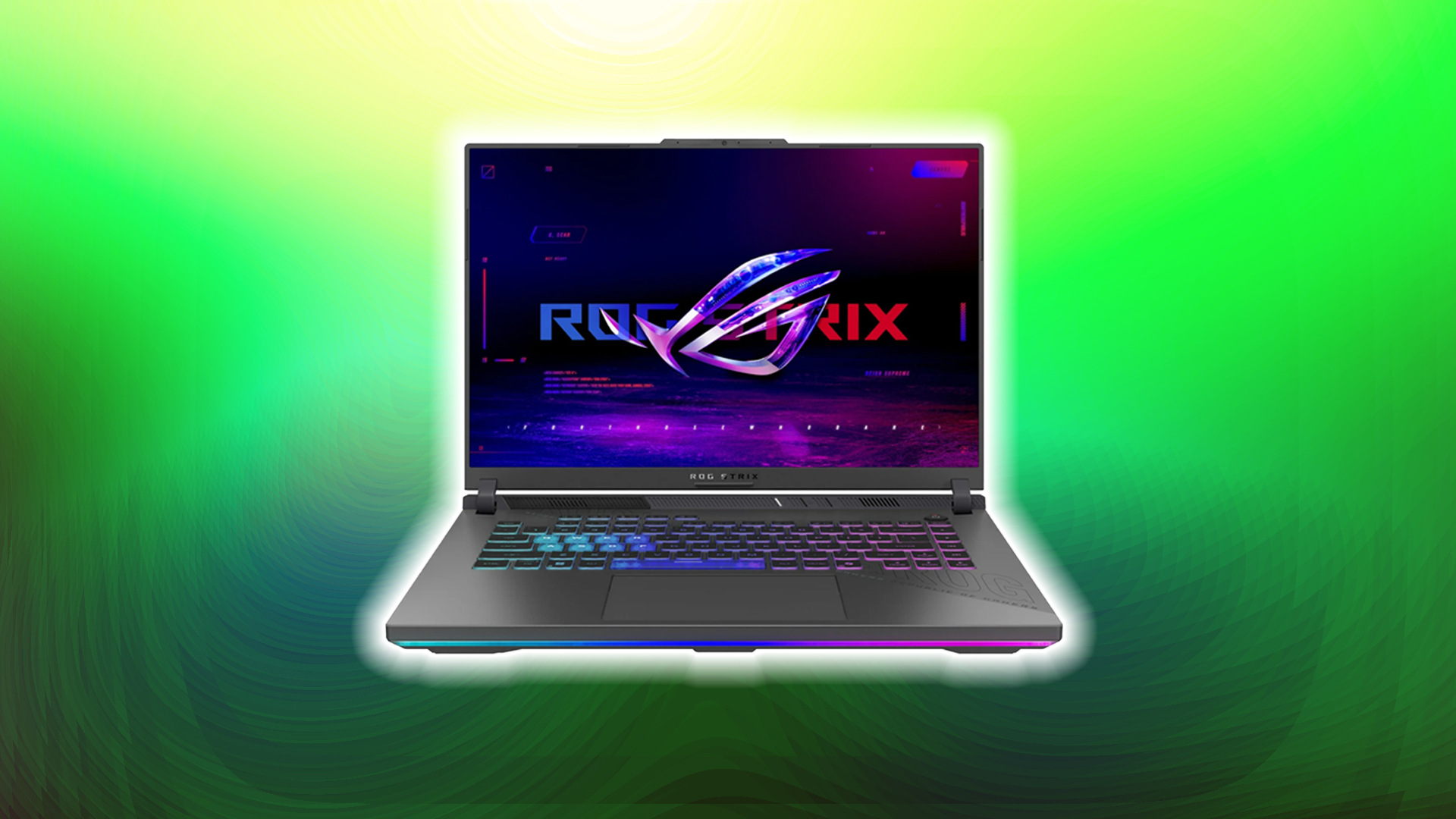
The ROG Strix G16 has undergone numerous iterations, with some models even priced higher than this one. The one considered here is a bit older but highlights the Raptor Lake refresh of the HX CPU lineup. The GPU used here is the RTX 4060 8GB, which is sufficient for any esports or competitive FPS shooter title. That said, you can also use this for almost any AAA title, with settings adjusted for the 8GB VRAM.
Key Specifications:
- CPU: Intel Core i9-14900HX
- GPU: NVIDIA GeForce RTX 4060 (8GB VRAM)
- RAM: 32GB DDR5
- Storage: 1TB PCIe SSD
- Display: 16-inch QHD 240Hz (2560 x 1600)
2. ASUS ROG Strix G17 (240Hz) – $1,397
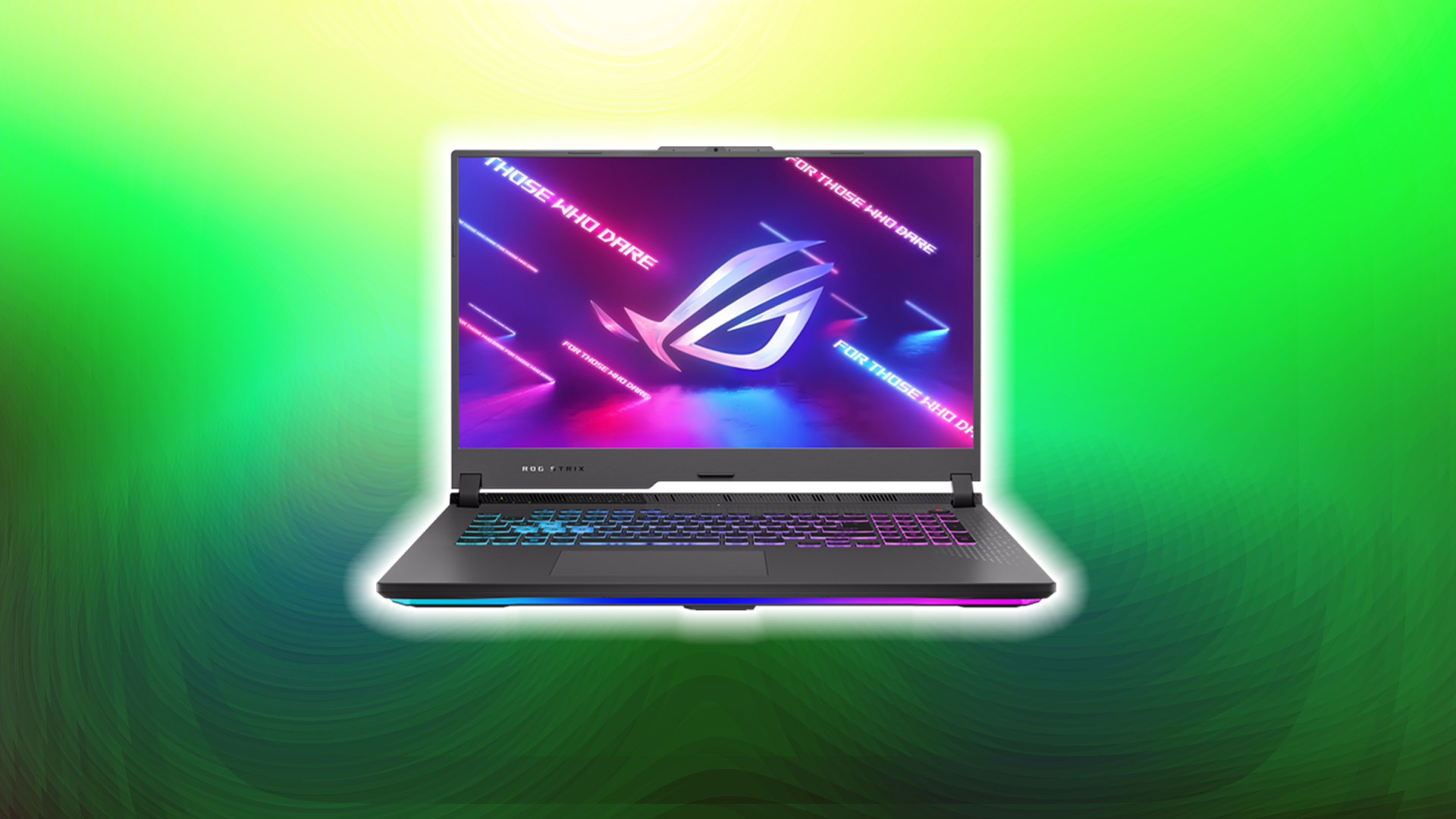
The ROG Strix G17 features a larger screen, but it comes with a slightly older CPU. The Ryzen 9 7845HX is from the Zen4 era but is still incredibly capable for the tasks it has to perform. The asking price may seem high, but it’s 240 Hz after all. That said, it should be fine for everything, including competitive gaming.
Key Specifications:
- CPU: AMD Ryzen 9-7845HX
- GPU: NVIDIA GeForce RTX 4060 (8GB VRAM)
- RAM: 16GB DDR5
- Storage: TB SSD
- Display: 17.3-inch QHD 240Hz
3. Dell G16 (7630) – $999
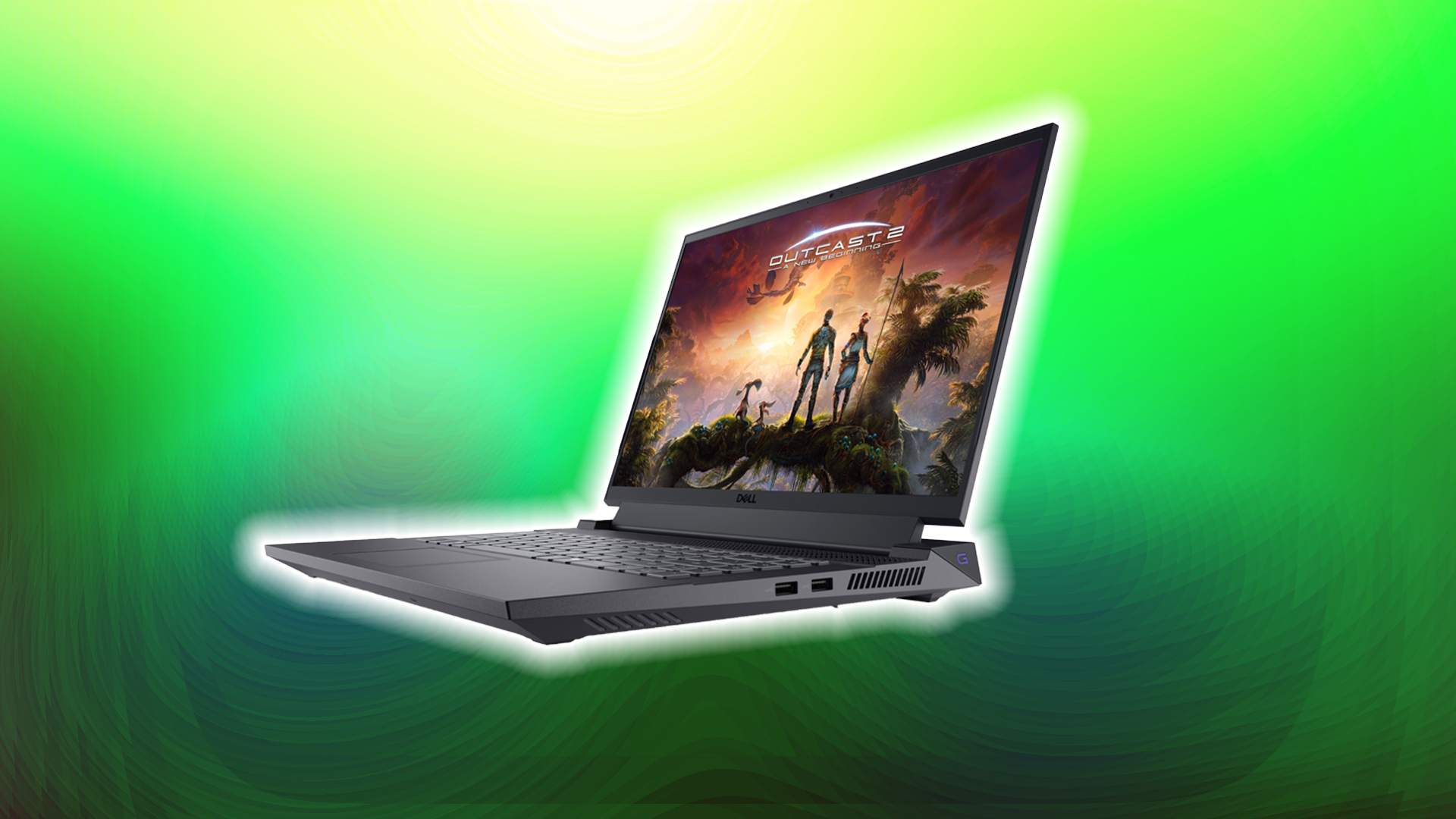
The Dell G16 offers incredible value and is priced quite aggressively among other laptops. It’s one of the few that offers a 240Hz screen at this given price point. The CPU, Core I7 HX series, used here is also very capable. The RTX 4060, along with this combination, also helps put out higher FPS figures on screen.
Key Specifications:
- CPU: Intel Core i7-13650HX
- GPU: NVIDIA GeForce RTX 4060 (8GB VRAM)
- RAM: 16GB DDR5
- Storage: 1TB SSD
- Display: 16-inch QHD 240Hz (2560 x 1600)
4. MSI Delta 15.6 – $889
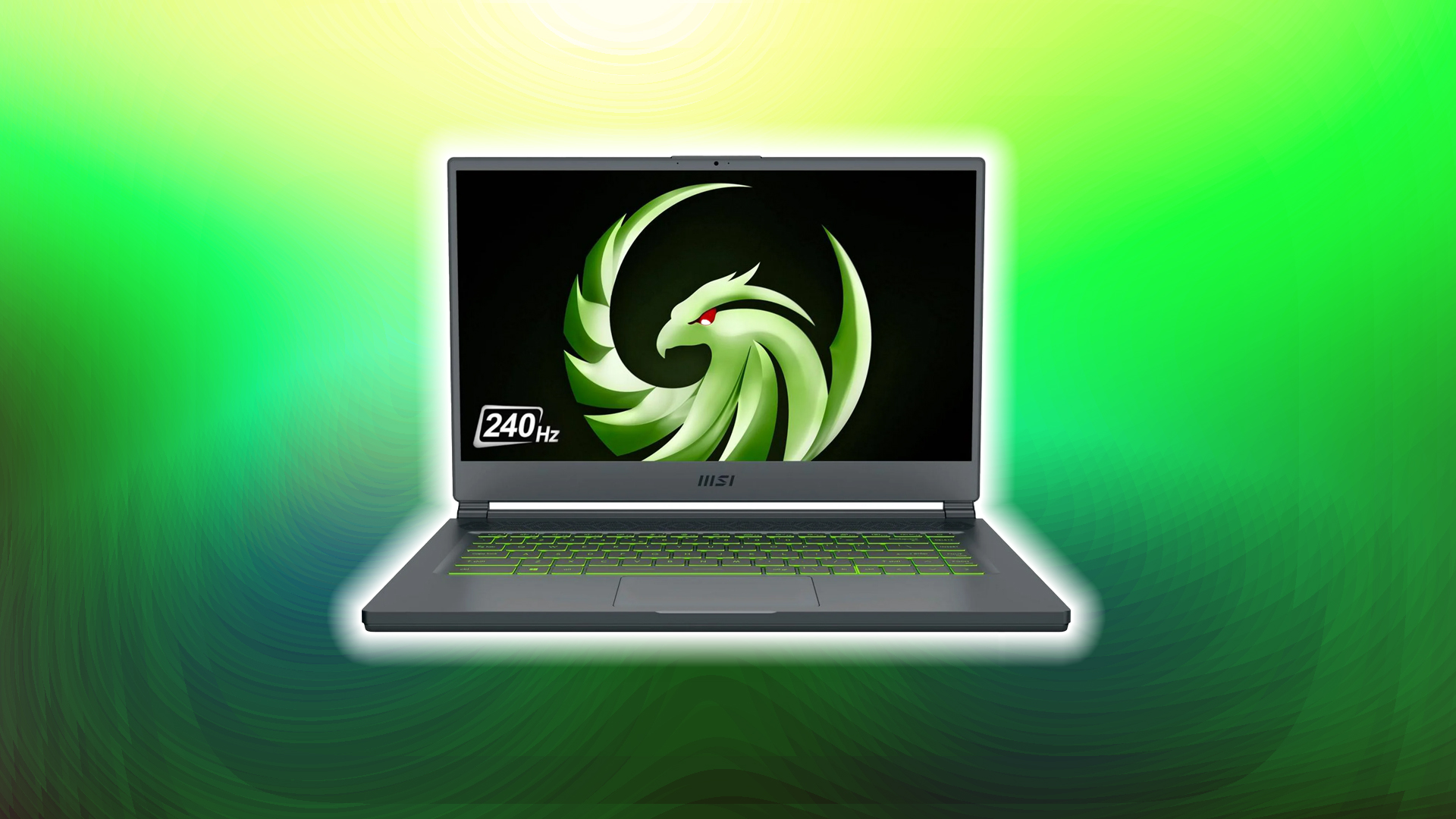
The MSI Delta is a blast from the past and stands out as unique in this listicle. It features the older Ryzen 7 5800H processor, but the GPU here is the RX 6700 M, which has the most VRAM. The pricing of this laptop is very aggressive; you can find it at Walmart. It’s old but still very capable for competitive FPS games. If you plan to play modern-day AAA titles, the GPU can tackle it, but the CPU may struggle.
Key Specifications:
- CPU: Ryzen 7 5800H
- GPU: AMD Radeon RX 6700M (10GB)
- RAM: 16GB DDR4
- Storage: 1TB SSD
- Display: 15.6 Inch – FHD 240Hz
Performance Expectations for Competitive FPS Titles
Here is an approximation of the performance you can expect with these laptops while playing popular esports or FPS titles.
| Model | 1080p Performance / Competitive Settings |
| ASUS ROG Strix G16 (RTX 4060) | 220-300 FPS |
| ASUS ROG Strix G17 (RTX 4060) | 240-320 FPS |
| Dell G16 (7630) (RTX 4060) | 190-280 FPS |
| MSI Delta 15 (RX 6700M) | 205-300 FPS |
Verdict
FPS titles such as Counter-Strike 2, Call of Duty Warzone, Valorant, and Apex are easy to run. However, under certain circumstances, such as high-resolution targets or extremely high FPS targets, these games become taxing on both the CPU and GPU.
A higher-tier CPU is always recommended for FPS titles, as most people prefer playing on lower resolutions. This mainly translates to CPU-side bottlenecks, as the GPU has to work significantly less. This justifies why a strong CPU is required for FPS, but not so much GPU power, when competitive settings are considered.
We provide the latest news and “How To’s” for Tech content. Meanwhile, you can check out the following articles related to PC GPUs, CPU and GPU comparisons, mobile phones, and more:
- 5 Best Air Coolers for CPUs in 2025
- ASUS TUF Gaming F16 Release Date, Specifications, Price, and More
- iPhone 16e vs iPhone SE (3rd Gen): Which One To Buy in 2025?
- Powerbeats Pro 2 vs AirPods Pro 2: Which One To Get in 2025
- RTX 5070 Ti vs. RTX 4070 Super: Specs, Price and More Compared
- Windows 11: How To Disable Lock Screen Widgets
 Reddit
Reddit
 Email
Email
